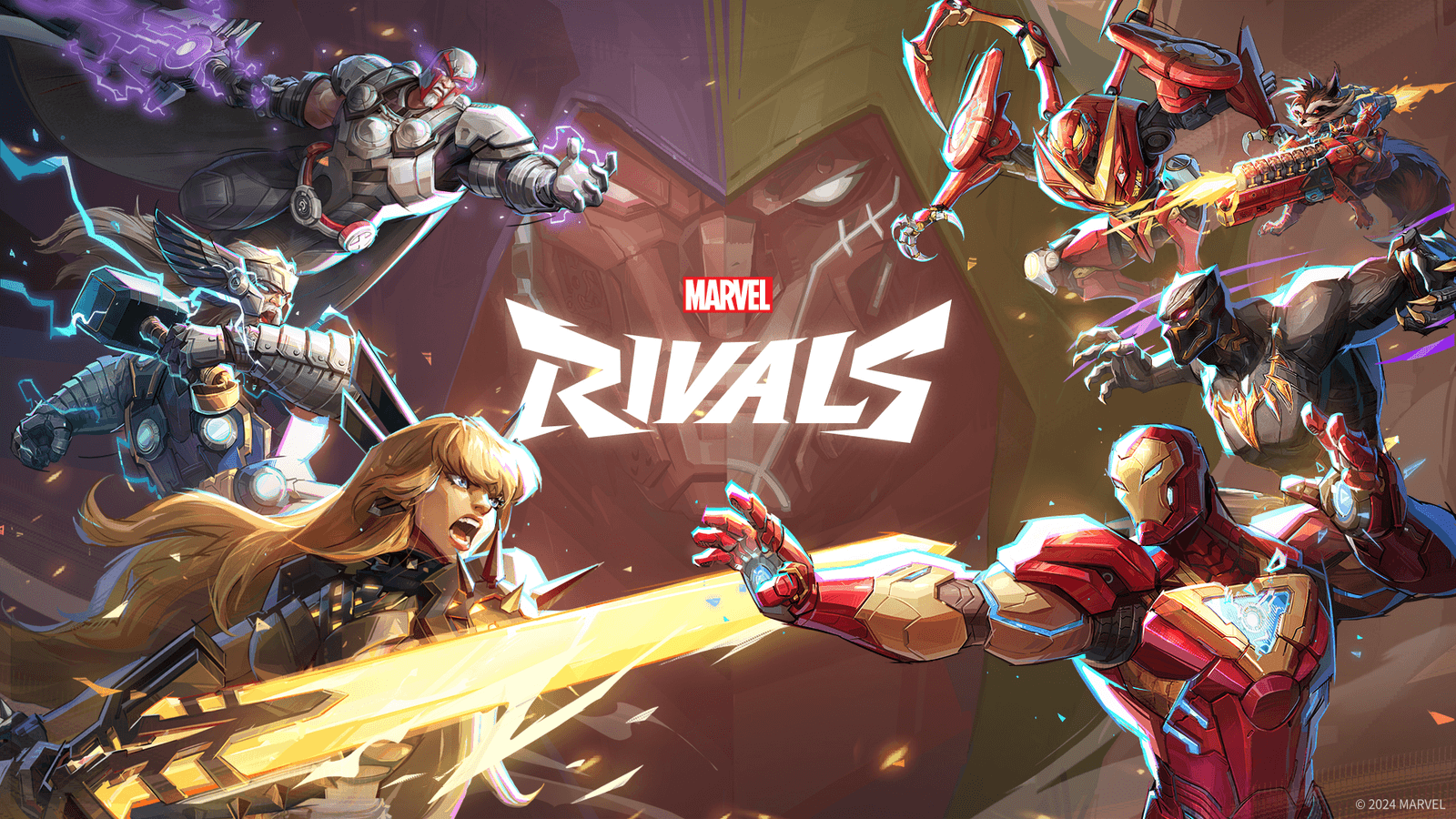

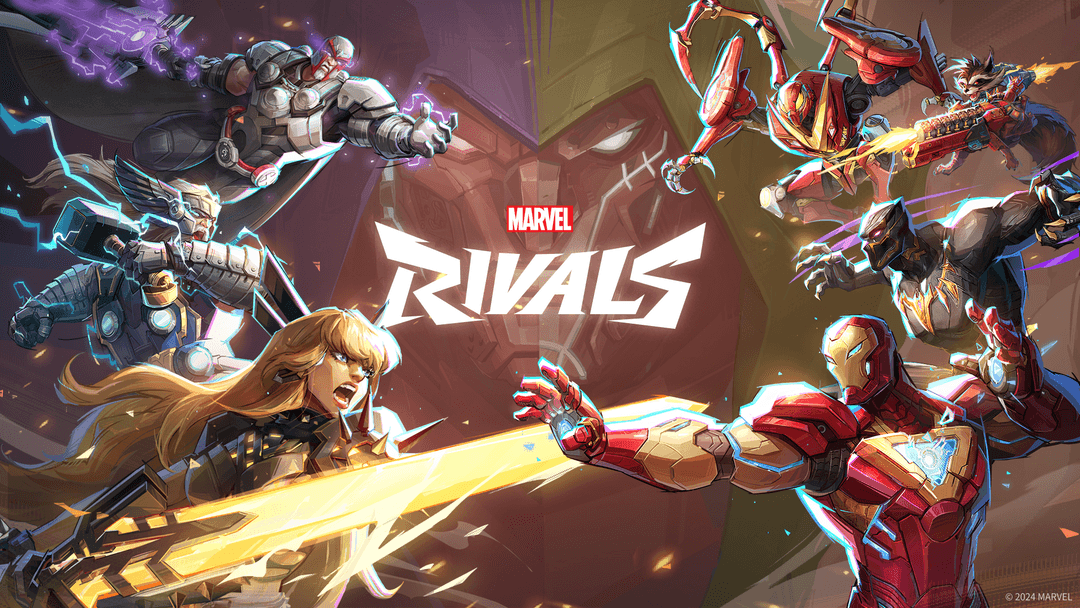
When a new title drops with this much momentum, the player base spikes fast. You jump into the queue, pick your favorite hero, and start climbing through the chaos. But Marvel Rivals isn’t a casual free-for-all. The early matches might feel like brawls, but underneath that energy, there’s a real need for teamwork, timing, and composition awareness.
You might’ve put hours into other hero shooters, but Marvel Rivals forces different choices. The pace shifts, combos fall apart mid-fight, and solo plays get punished harder than expected. If the climb starts feeling stuck and ranked matches blur together with the same results, it’s probably time to bring in another set of eyes.
Marvel Rivals coaching helps you hit your dream rank not by changing everything about your gameplay and strategy, but by showing which decisions are holding you back round after round. However, when you order a coach you're ready to get an advantage, and fast.
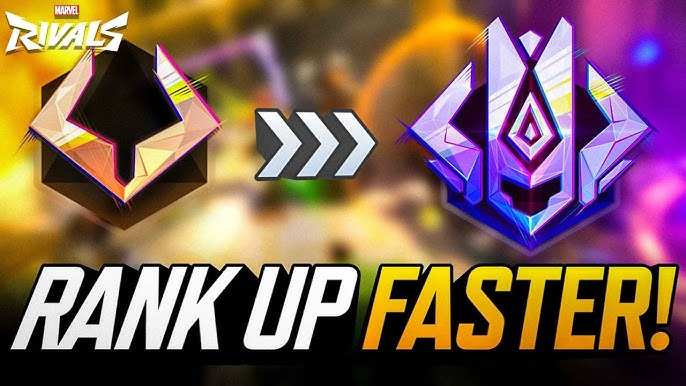
This game isn’t limited to individual skill. Strong players still lose because they don’t understand how their kit fits into the broader match, and a good coach can break that cycle early. Sessions usually start with VOD review analysis. For example, a coach looks at how you position with Iron Man, how you peel with Hulk, or whether your Scarlet Witch timing is synced with your team’s pushes.
You might be hitting your cooldowns well, but if you’re holding angles that leave healers exposed or initiating without frontline backup, your value drops fast. Those details are easy to miss when you’re locked in. A Marvel Rivals coach can help slow the moment down, show the decision frame-by-frame, and give you something to fix that you can apply next time you queue.
A lot of new players go straight into trying to carry with raw mechanics. But Marvel Rivals punishes bad engagements, split pushes, and overextended ultimates. Coaching helps players spot those patterns early so you don’t get stuck repeating them through thousands of games.
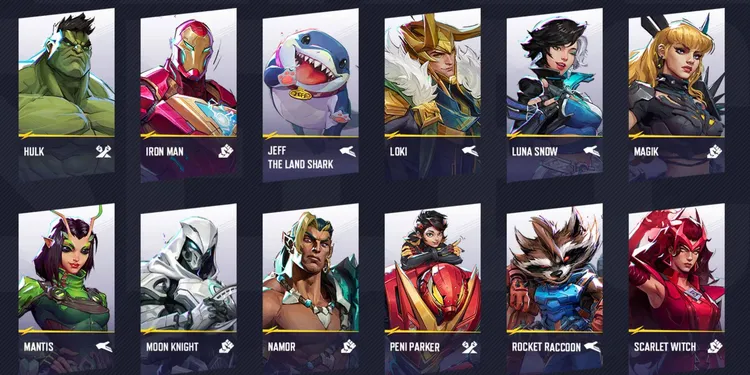
The early days of a new title always bring messy metas. Heroes get picked for power spikes or hype rather than synergy, everyone wants to frag, and few players want to fill. Coaching slices through that and gets you thinking about how to win matches instead of chasing stats.
A coach can show you when your team comp can’t hold payload pressure, or when your trio needs to rotate out faster on defense. That kind of insight comes from someone who knows how teams break down and how to hold structure even when your teammates are randoms.
Coaching also helps with hero pool management. Instead of trying every hero and switching constantly, you lock in a focused roster based on your natural strengths and the current state of balance.
A good coach won’t tell you who’s overpowered, they’ll show you where you make the biggest impact and how to double down on that playstyle.
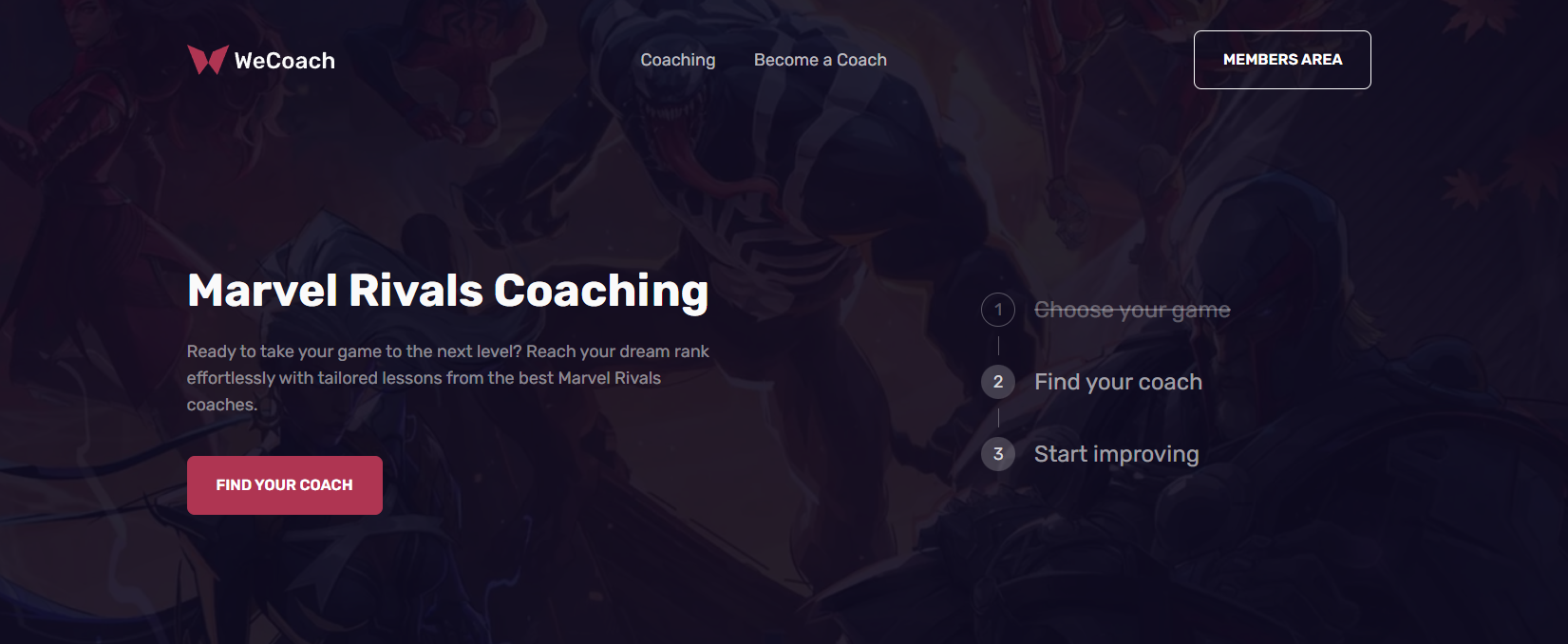
Coaching moves the learning curve forward without waiting for the game to punish you over months of trial and error. It’s a focused mirror on how you play and what’s missing.
Sessions through WeCoach mean you have pro-level players looking at your replays or live games. You bring the footage, and the coach brings the frame-by-frame breakdown. That might mean slowing a failed teamfight down to look at who overcommitted first or tracking cooldown usage and figuring out why your combo whiffs every second fight.
They review habits, reactions, and decision trees that show why you lost or why you never turned a man-advantage into an actual point cap. If you’re grinding without a plan, coaching gives you one, and that alone makes it worth 10 times the cost of the session.

Roger is an esports journalist and content writer specializing in League of Legends guides, patch analysis, and coaching insights.
View all articles